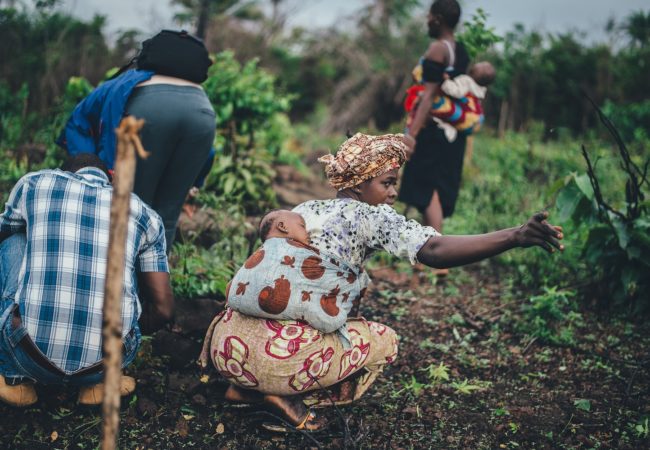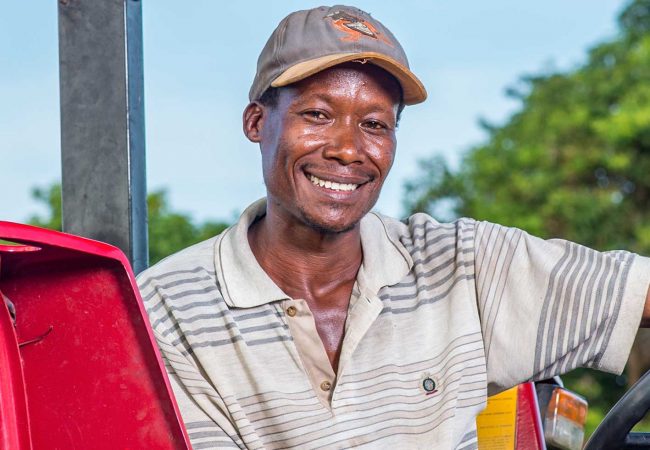What was the issue?
Roundtables have been adopted since the beginning of the millennium by Non-governmental organizations (NGOs) and other institutions to promote inclusion. Representatives of the World Wildlife Fund in 2003, launched multi-stakeholder initiatives, and one of the first of these was the Roundtable on Sustainable Palm Oil (RSPO) to define sustainable agricultural practices in Indonesia. Multi-stakeholder processes highlight the power dynamics involved in engagements of other stakeholders with local communities and smallholder farmers during participation.
What process was used to ensure Small-holder Voices (SHV) were heard
Multi-stakeholder consultations were employed in this process. The RSPO, a multi-stakeholder approach supported by a non-governmental organization gave Indonesian farmers, the local communities and other stakeholders in the oil company a platform to express their voice in front of the international community. The smallholders felt that they were more likely to obtain results within the framework of the roundtables than on the local terrain. However, expressing their voice in the RSPO was far from easy.
What was the outcome of this process? Was it a success/failure/mixed?
RSPO’s multi-stakeholder dimension is based on giving balanced weight to a wide variety of participants in the decision – making process, but the power dynamics of participation here was critical; who gets to speak and whose voice is heard characterized the initiative. Although participating in the roundtables, smallholders and local communities felt that their voices were not heard, partly due to lack of importance accorded to them compared to other stakeholders. On one hand, participants of the RSPO attempted to re-impose a hierarchical relationship between smallholders and the palm oil company managers, depriving them of representation. These relationships led to a lack of recognition of smallholders’ ability to represent themselves. On the other hand, smallholders broke from the use of accepted grammar (English) and tend to speak their own language without proper interpretation of the issues. This is usually a weakness in the multi-stakeholder approach since it does not allow for symmetric expression of voices expected in roundtables.
What key lessons can be learnt? Is this process replicable?
Local NGOs and institutions can play a pivotal role in facilitating smallholder representation on roundtables. They can draw three lessons from this case.
- Format of roundtables must conform to local voices by allowing the use of liberal grammar, which is speaking in a language that one is comfortable with, and encouraging free expression. Participatory mechanisms must evolve to create spaces to accommodate the use of local dialect to ensure plurality of minority voices.
- Organizing specific forums to complement roundtables is vital. In these forums, smallholders can express themselves in grammars of commonalities. This will help build the capacity of minorities and cure issues of hierarchical relationships.
- Institutions must work to transform minority voices to actively participate in multi-stakeholder initiatives in transnational arenas.
Is this process sustainable? What is the latest assessment of the impact of this process?
Multi stakeholder engagements have evolved in the last decade but obviously more needs to be done. Participation in these engagements have been characterized by power dynamics that work against smallholders or minorities. They may be at the table, but can’t appropriately voice out their concerns without feeling they may be speaking out of turn, because of the hierarchical relationship among participating stakeholders. Kusters et al (2018)[1] studied participatory planning, monitoring and evaluation of multi-stakeholder platforms in Indonesia and Ghana and found that many of the fundamental challenges to effective multi-stakeholder platforms, such as power differences, are likely to remain. They proposed a robust framework for planning, monitoring and evaluation of roundtables, with an emphasis on learning. These will provide relatively simple tools to structure complex and unpredictable multi-stakeholder processes.
Download Case Study




0 Comments